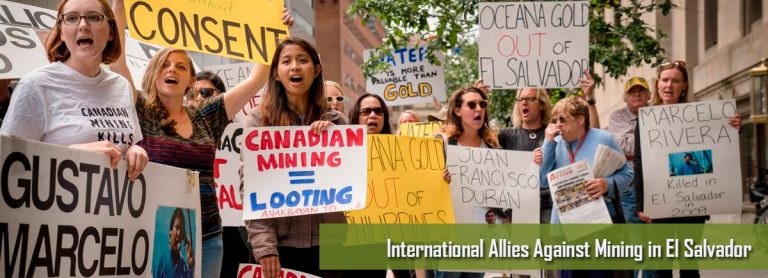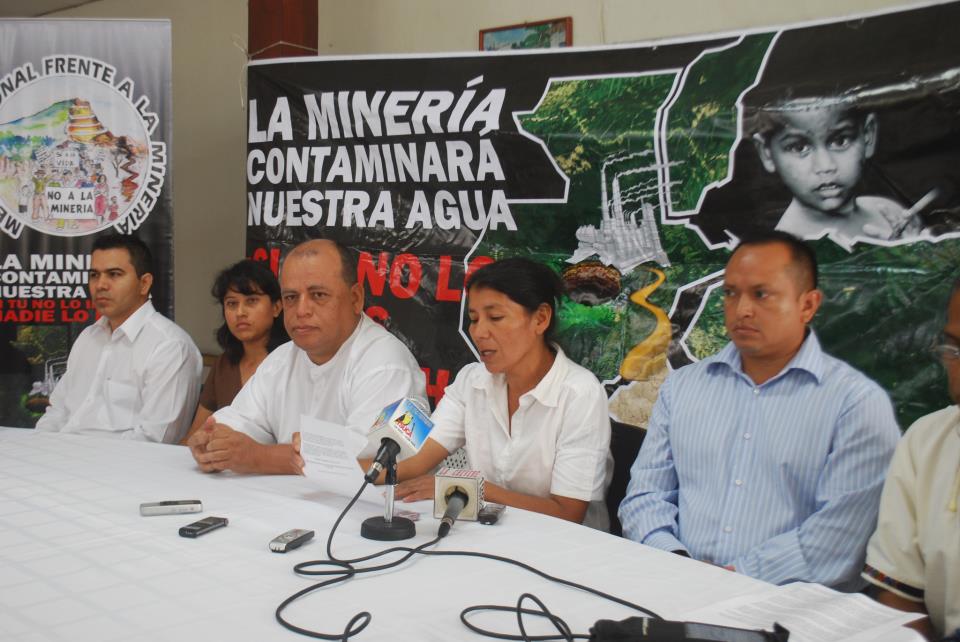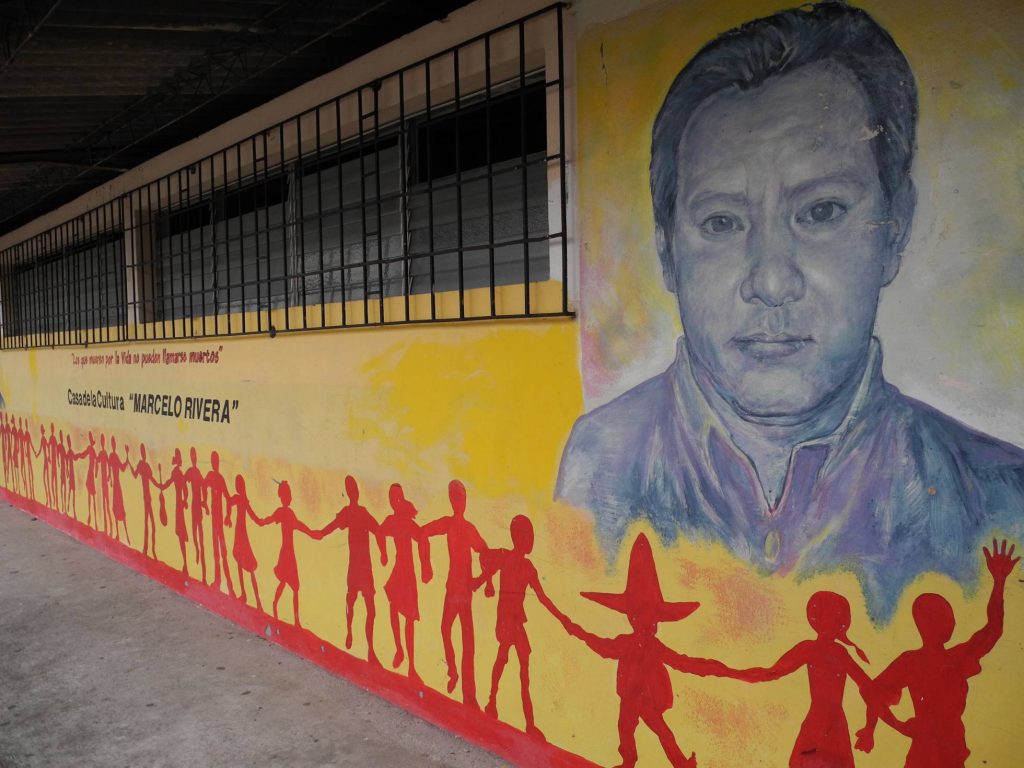
versión en español aquí
“We do not seek international solidarity in the abstract and impersonal, but rather, we build the solidarity of peoples on a global level”
TerraJusta launched as a new organisation in April 2020. The small team – from Bolivia, Ireland and the UK – worked together on climate-related issues for many years as part of The Democracy Center. A key aim in creating TerraJusta was to build more possibilities for long term solidarity campaigning, in dialogue with communities impacted by extractivism – by the social and environmental degradation related to the extraction of raw materials in the global South, which generates profits and drives economic growth and consumption mainly in the global North.
Over several years the team members have maintained a constant dialogue about coloniality, privilege, power and the limits and possibilities of acting in solidarity, and the position from which you seek to do that as a nonprofit organisation with team members doing funded work.
In 2019 Leny Olivera Rojas – now Director of TerraJusta – travelled to El Salvador for a meeting of mining-impacted communities. There she met with and interviewed Vidalina Morales, who was heavily involved in the twenty-year struggle to ban metals mining in El Salvador. In February 2021 Leny recorded a discussion with Bolivian colleagues Aldo Orellana Lopez and Elizabeth López Canelas to discuss perspectives on solidarity work and the considerations to bear in mind when offering support on an uneven playing field of power and privilege. We share thoughts from both those conversations here.
What is solidarity?

The El Salvador story – Vidalina: “In 2008 the company [Pacific Rim gold mining] sued El Salvador for 300 million dollars, because the communities had already taken a very clear position to resist the implementation of mining. By then the importance of international allies was emerging, and from 2009 we did a series of mobilizations against the World Bank, against Pacific Rim, against the [subsequent mine owner] Oceana Gold offices there in Australia. It generated a close relationship that allowed us to make visible and maintain our struggle at the international level, and we managed to get the mining companies to withdraw from the country and a law passed that prohibits mining.” (For more on the El Salvador case, see here)
Aldo: I have experienced three types of solidarity. An example of the first was during the Cochabamba Water War, the direct actions taken in San Francisco against the company, against the World Bank, in the centres of power. But this kind of action doesn’t necessarily imply a long-term commitment by groups in the global North to struggles in the South. The second, which came after in the international networks we joined, is precisely the attempt to establish a slightly longer-term commitment, not just limited to specific direct actions but to processes of reflection in a search for more structural transformations. And the third level of solidarity – which we are part of now and which is new for us – is the attempt to organise ourselves South-to-South. For example between communities affected by the operations of [mining company] Anglo American in Latin America.
Elizabeth: When one speaks of “international solidarity” it’s always about the actions that are (or can be) undertaken by rich countries, as opposed to the needs of poor countries. We need to move it away from the institutional, and also question a little the issue of why everything happens via institutional means. The commitment to solutions goes beyond “solidarity”. It is about really working on the rights that are constantly usurped and violated by those who manage the global economy. An attempt has been made from the global South to speak instead of “solidarity of the peoples”. I am convinced that the organisation of peoples, the collective, is much more effective than the institutional. How can we put in place mechanisms of solidarity and action which come more from people themselves? It’s important too that ‘solidarity’ doesn’t remain linked only to concrete actions on specific issues. It needs to be a process of permanent reflection between people, which can sustain the space of solidarity over time.
Have we understood the context?
The El Salvador story – Vidalina: “There have been cases here in Latin America of colleagues being prosecuted, criminalised. What is hoped for from international solidarity – and there have been some cases of this – is that if the person who feels threatened thinks it better to leave the country for a while, that there are people who can welcome them and accompany them in that. Defenders need each other alive. We want each other alive.”
Elizabeth: To fight against extractivism is to make ourselves aware of colonial power structures. Not in the sense of guilt or punishment, but of the reparation of rights. Solidarity that doesn’t question hegemonic systems of power and the violation of rights is nothing more than good deeds. To confront extractivism is to make a concrete, political stake – and we need to learn to politicise the everyday in this way.
Leny: There’s a risk we end up taking actions without questioning the underlying problems of capitalism and colonialism. In the end solidarity has to do, in reality, with addressing historical debt – so it is a process of repairing damages. It’s important that we know the social, historical and political trajectory of the contexts in which we can intervene in some way, and based on this we can identify the needs, the demands which coincide with our own political position – and look for funds to accompany those processes.
Elizabeth: Solidarity is not an act of beneficence. It’s a highly political act, of questioning a situation of inequity. And reflecting on our own privilege in order that we can take more concrete action, while recognising that this is not out of shame but that these processes have been configured historically. From there erupts the possibility of making a change. The discourse and actions around climate change have not managed to be really appropriated by people. All these official events discuss issues that must be addressed by “experts”, where those from the South – normally indigenous leaders – get turned into a symbol of “folklorized hope”. The discourse should be changed and a serious link to the extractive matrices should be made. Hegemonic policies of development are what sustains these levels of violence in the global South with extractive companies. In this sense, the issue of water should be the priority, linked to the interdependence of ecosystems. This, for example, is a strong aspect from which to engage in solidarity coming from the peoples.
Who has power and who benefits?

The El Salvador story – Vidalina: “It is key for international solidarity organisations to respond to the concrete demands of the victims. We said from the beginning of the struggle: we want a ban on mining, we are going to fight for a law, and all our actions were aimed at achieving that law. At one point someone from an international development agency said “why don’t you be a bit more flexible, open up to the possibility of a moratorium, something easier to achieve.” But we said “the agenda is proposed by us as a movement. If you want to support us, you agree to what we have decided. If not, simply leave us alone, because we are very clear about what we want.”
Leny: Because of power relations (stemming from colonialism) sometimes grassroots organisations adjust to the agendas of global North partners. However, if the organisation in the Global South is clear about the objectives of its struggle (as was the case with the fight against metal mining in El Salvador) then this trend can be countered. International “solidarity” makes sense if it respects the goals, the objectives of the struggles in the territories, and based on this can expand local efforts to a global level. If it’s the other way round I think there are lots of limitations. It is very important that NGOs don’t go in with a prior agenda.
Elizabeth: Global campaigns are only possible to the extent in which you articulate the immediate and concrete needs with the more structural demands that are reflected in these concrete needs. All the actions that we develop are carried out in highly racialized spaces, where structures of power and dependency are evident and generally legitimise violence. Solidarity is not always going to be equitable, I believe that it should aspire to the construction of honest collective processes, where it is clear what the scope of both parties are, what the goals or aspirations are, and how far we can walk together.
Leny: We need to really look at who is in solidarity with who, and who benefits from this? Many NGOs and institutions take for granted the ways in which we relate, how we do our work – talking about solidarity without consciously asking these questions. You can, in the name of solidarity, end up benefiting yourself more than those with whom you are supposedly expressing solidarity…Sometimes it’s so normalised. We believe that, for example, having written an article or made a video we are acting in solidarity with a struggle. But it doesn’t necessarily translate into any concrete support for the community, and in fact it instead reinforces the academic, journalistic or political trajectory of that individual.
Aldo: Something which we have always critiqued is having the “option”, right? Being able to choose to fight at certain moments, and at others to go back to our day-to-day lives. Which doesn’t apply only to organisations in the North, but also includes the organisations here in the South but based in urban areas – we have the option to involve ourselves in certain processes but you also have the option to extract yourself from that world. Grassroots organisations don’t have that option. If as allies we are willing to make a real commitment that can make a difference.
Leny: The more we want to respond to the concrete needs of communities, sometimes the more you come up against limitations. But there needs to be an openness, and not to define what can be funded by only applying certain narrow categories. I think it is also important for funders to examine the extent to which they understand the processes of struggle in the global South, in the spaces where they want to give support. And if they do not know those contexts well, at least have the flexibility to better frame and direct their contributions in each situation.
Final thoughts?
Vidalina: “It was 12 years of struggle and 12 years in which there was violence, criminalization and there were murders. And well, in the end we reached our goal. It has been two years since this legal framework was approved. The movement has not been broken, we are there on the battlefield. Our organisations continue to be the fundamental base to confront whatever future scenarios come our way*. And well, to the international organisations that want to accompany us [we ask] that it be real, that it be accompaniment based on the same demands as the communities and as allowed by the movements and organisations.”
Aldo: TerraJusta is trying to build from the ground up. So we have to recognise where we are at, the role we play, and obviously our limitations. And also the mistakes that can happen. We have to be very attentive to the way that we do things, and to listen. The clarity that organisations in the South have is fundamental. We are in certain networks in the North – what can we really ask of them? And what is the commitment that we can make on both sides to build a joint struggle? That clarity is important, and ourselves as a bridge can play an interesting role there.
Elizabeth: We must always put the actors in these processes in the first person: the one who speaks, who denounces, who calls, who does, who informs…it’s the indigenous brother, the peasant, the affected community, the impacted neighbour. We mustn’t get in the way of those voices. In the end we share things with these comrades but we are, as Leny often says, like hinges. Not to appropriate others’ voices is key. And not to romanticise these processes, to be as objective as possible. Not to say “see the people here fighting for nature, who believe in life etc”, when we know that these communities are in a state of permanent tension between the pressures of development and survival.
Leny: As TerraJusta we are seeing more and more clearly how to identify priorities according to our vision. We are neither rooted in the territories nor are we based in the global North. But at least the work we are doing responds in some way to these needs on the ground. That’s an important goal, that we are making visible in small ways through this work.
_______________
*On March 22nd 2021 El Salvador marked four years since the law prohibiting metals mining was approved. The Mesa Nacional Frente a la Minería continues to demand that the law be enforced and that the ban on mining is incorporated into the Constitution. Vidalina spoke at this press conference [in Spanish] on the day, at which the coalition also launched a book on the anti-mining struggle in El Salvador
To find out more about TerraJusta see our website, Twitter, Facebook and YouTube.

Leave a Reply
You must be logged in to post a comment.